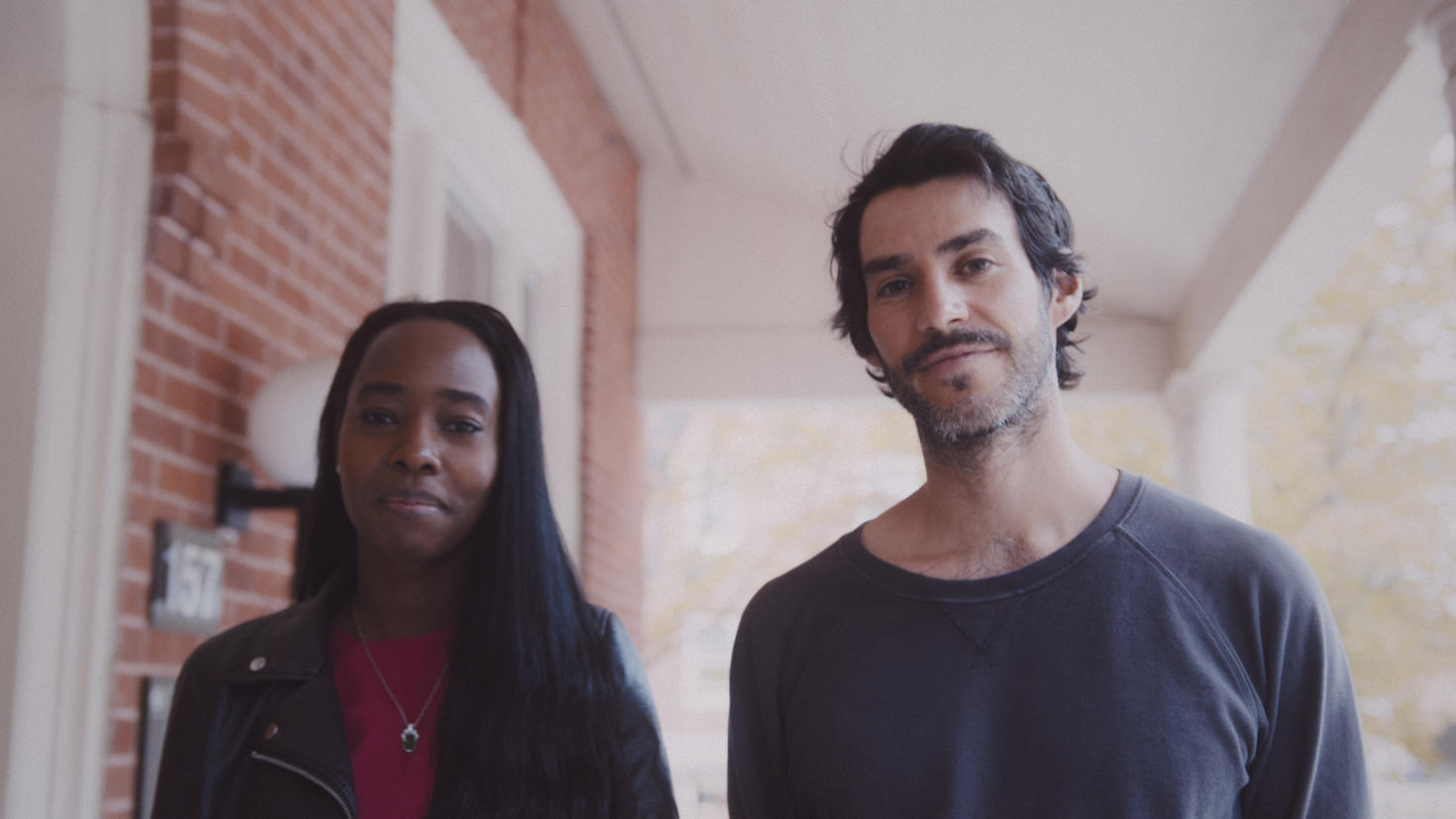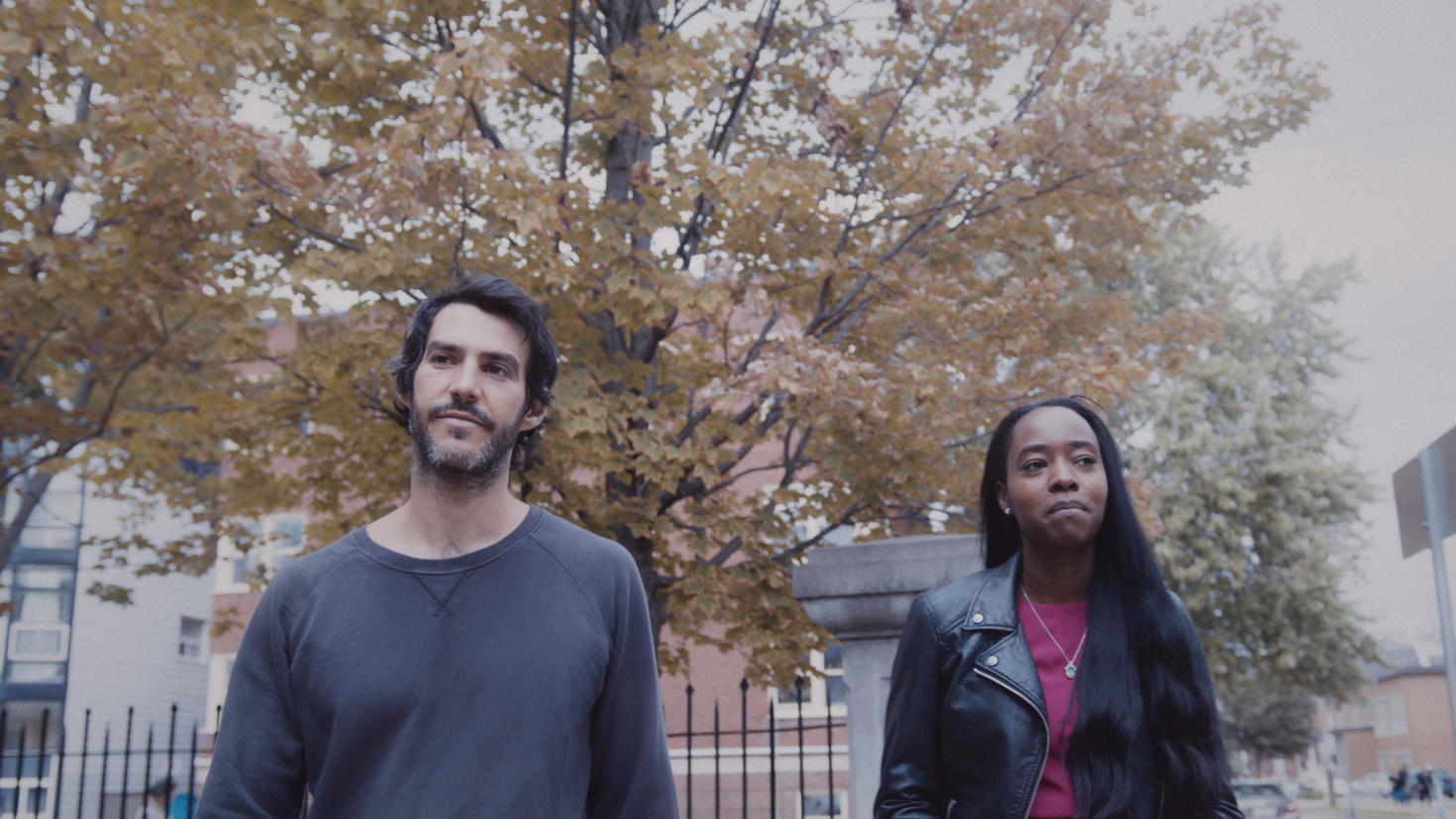A 2022 graduate of the Social Work program, Daniella Ingabire is equity and student success adviser at the Faculty of Law, Civil Law Section, a position she holds while also studying in the Common Law JD program part time. Her work has put her in contact with students facing challenges familiar to her, like discrimination and racism.
Terry Skolnik (LLL ’12), an associate professor at the Faculty of Law and co-director of the Public Law Centre, spends time with these same groups. Before holding any position at the University, he spent many years in the classrooms of Fauteux Hall, where he himself went through difficult periods. Today, he points the next generation to resources he used during his own time here, along with others that have become available since then.
Along with many stakeholders in their faculty and across campus, both work on a number of fronts to equip learners seeking balance and resilience, wherever they are and whatever the scope of the challenges they face. A peer support program, one-on-one support, emergency bursaries, a special page on Brightspace, a series of mental health and wellness workshops, taking part in the FTX Radio student podcast — the two are increasingly reaching out to other members of our University family, who often volunteer their expertise, time and effort.
A crack in the facade
Each of these services offers one more bridge towards wellness. “What we see with our students is that they expect a lot from themselves,” says Ingabire. “However, we’ve begun to see a change in peer interaction since the start of the pandemic. People are listening to each other more.”
Nevertheless, opening up, taking the first step to ask for help, often remains a challenge. That’s why the two colleagues are open about their own experience. “It’s important to show that we’re human,” Ingabire says.
Skolnik explains that by listening to their peers share, some find the strength to open up about their own state of health. For others, sometimes a simple question is enough as long as it’s not just asked by rote.
“Each week, we have hundreds of interactions with members of the University community,” he adds. “These are hundreds of opportunities to ask others how they are. Our students often have a lot to say about it. You never know what will spark something, nor what will make someone break the silence. I think we underestimate our ability to make a difference in peoples’ lives and to create an environment where they feel comfortable indicating that they’re not well.
The many aspects of resilience
For many, anxiety about one’s studies stems particularly from the self-discovery that comes with time at the University, an activity that requires resilience.
“Resilience has a different meaning for everyone,” says Ingabire, “but it includes being true to ourselves in our search for who we are. We have to be able to fall back on our values.”
It’s also giving ourselves time to disconnect, to be alone with our thoughts, even if it’s uncomfortable, adds Skolnik. “And through all that, it’s being patient and compassionate with ourselves to find the tools that will be useful for us, even if it doesn’t work the first time.”
“So the vulnerability we show becomes a strength,” Skolnik says.
Resources
Joining to promote mental health, the University of Ottawa and the Alumni Association have undertaken a number of wellness initiatives for our community. Need help but don’t know where to start? These links will take you to resources that may be very useful for you.

